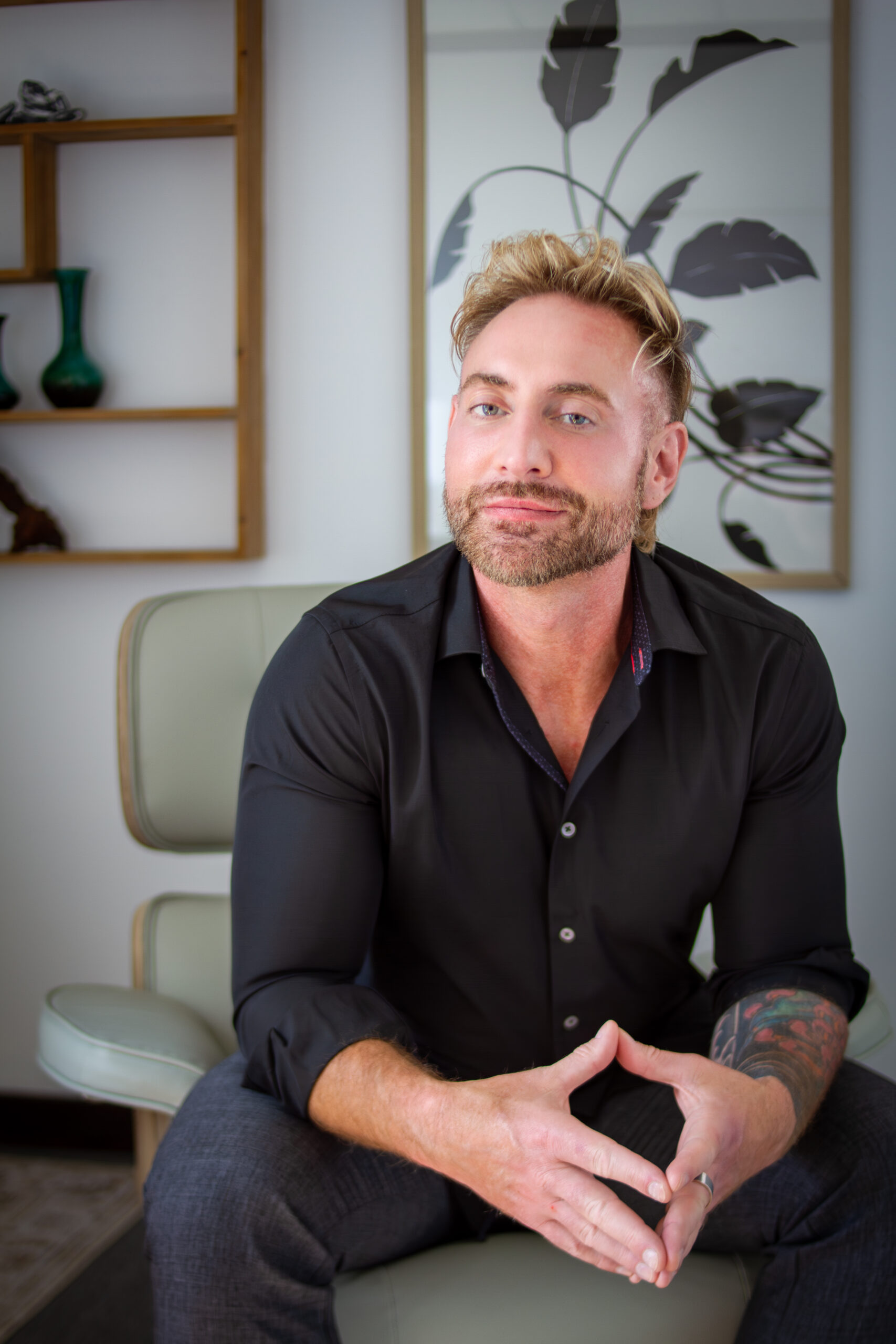Therapy can be a place to be met with warmth, compassion, and steadiness.
A place to explore not only the areas of struggle, overwhelm, pain, and illness, but also the strengths and vitality that live within you. I don’t believe anyone is broken: like all of us, you may have developed ways of surviving that sometimes interfere with your full aliveness.
In therapy, we work not just by talking about your experiences but by bringing them alive in the safety of an attuned relationship, so they can be fully felt and processed. Together, we slow down, notice what is happening, and work with those moments so that they shift into something more freeing and whole.
Therapy can be a place to be met with warmth, compassion, & steadiness.
A place to explore not only the areas of struggle, overwhelm, pain, and illness, but also the strengths and vitality that live within you. I don’t believe anyone is broken: like all of us, you may have developed ways of surviving that sometimes interfere with your full aliveness.
In therapy, we work not just by talking about your experiences but by bringing them alive in the safety of an attuned relationship, so they can be fully felt and processed. Together, we slow down, notice what is happening, and work with those moments so that they shift into something more freeing and whole.
Types of Individual Therapy

Adult ADHD
ADHD is a lifelong pattern of differences in attention and regulation that comes with both strengths and challenges. Adults with ADHD often experience struggles with focus, organization, impulsivity, strong emotions, shame, and self-worth — especially when these difficulties intersect with other aspects of identity and experience. Therapy can help unpack these patterns and support you in building self-compassion and strategies that fit your life.
Anxiety & Stress
Stress and anxiety are natural responses, but they can become overwhelming when your system is in constant overdrive. What can feel like a personal failing is often an expectable response to circumstances or past experiences. Therapy can help you understand these patterns, calm your nervous system, and find steadier ways of engaging with challenges.
Mood & Depression
Our moods are part of being alive — but when they dip too low, rise uncomfortably high, or feel out of control, they can shape how we see ourselves and others. Together we explore these experiences in a way that restores balance, meaning, and connection.
Trauma, Loss & Burnout
Trauma can come from single overwhelming events or from ongoing experiences. When left unhealed, trauma can leave us feeling alone, disconnected, and unsafe in ourselves. Burnout, too, is increasingly common — especially for women — and can sap energy and vitality. Therapy offers a space to process these experiences in safety, so they can shift and healing can unfold.
Healthy Relationships
Our nervous systems are wired for connection. Yet past patterns can make closeness difficult. Therapy can help you understand how early adaptations show up in your relationships today, and how setting healthy boundaries can create deeper intimacy with yourself and those closest to you.
Gender, Sexuality & Identity
Gender roles, cultural expectations, and sexual orientation shape our lives in powerful ways. For women, this may include navigating expectations around work, family, relationships, and identity. For men, it may mean interrogating ideas of masculinity and learning to move fluidly between strength, problem-solving, and emotional connection. For gender diverse and queer folks, therapy can offer an affirming space to explore identity and relationships without judgment. Across all of us, intimacy and pleasure are vital to aliveness. Therapy can support you in reclaiming sexuality in its many forms — whether solo, partnered, kinky, monogamous, or non-monogamous — as a source of connection and vitality.
Substance Use & Addiction
Substances can provide escape or relief, but they can also create cycles of shame, harm, and disconnection. Therapy offers a compassionate space to explore these patterns, understand their roots, and build new ways of coping and connecting.

Start your therapy consultation.
Fill out the form below, and I’ll reach out soon.


Land Acknowledgement
My practice respects the various histories and cultures of the Beothuk, Mi’kmaq, Innu, and Inuit people of this region, as well as the fact that the lands on which we are gathered are in the traditional territory of numerous Indigenous groups. I pledge to work in the spirit of reconciliation and truth as we keep our hearts and minds open to the past while striving toward building a brighter future for all.
Disclaimer
Content on this website is for informational purposes only and does not constitute specific advice or form a professional relationship. Any external links are not an endorsement of the creator’s views or advice.
